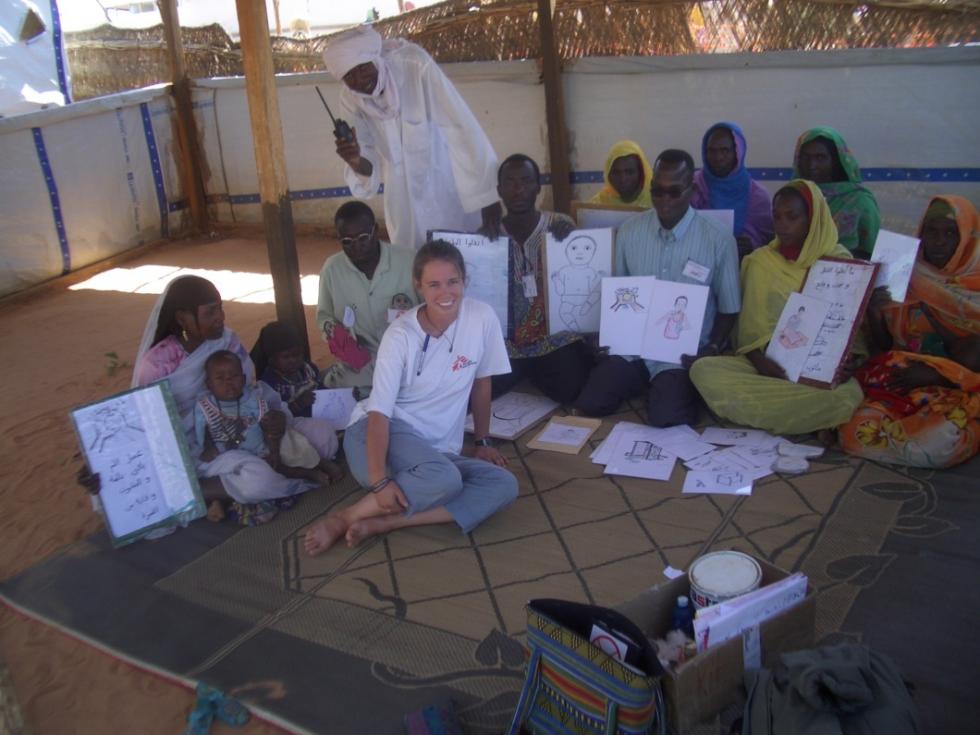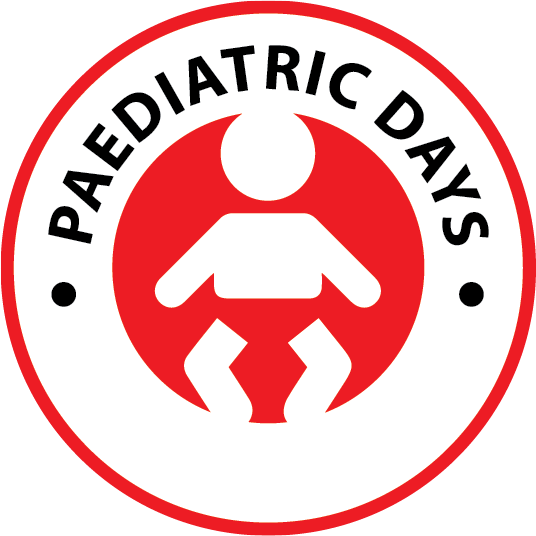Nurses important in the fight against antibiotic resistance
Every year, 200.000 children die from sepsis caused by resistant bacteria. It is a serious threat to global public health. Nurses are often the first to identify signs of Sepsis and potential outbreaks, writes paediatric nurse Lindsay Bryson in this opinion piece published in Swedish magazine Vårdfokus.

© Photo by Médecins Sans Frontières.
“I have worked as a nurse for 23 years, predominantly in humanitarian contexts, in countries such as Ethiopia, Haiti and the Central African Republic. For me, it is the perfect professional role - I get the opportunity to develop on a daily basis, both in terms of my medical knowledge and in treating patients in the best way. When I started working for Médecins Sans Frontières (MSF) in 2003, my biggest interest was to understand a new scope of public health and emergency care within a humanitarian context. Over the years, I have worked as a nurse, a Project Medical Referent (PMR) and Medical Coordinator and I have been challenged in ways I never expected.
People are often unaware that nurses make up the majority of heath care professionals globally. Nurses play an important role in ensuring the quality of care in humanitarian programs in contexts facing armed conflicts, natural disasters, or nutritional crises. Nurses ensure that there are functioning clinics in remote, difficult to access settings, nurses coordinate mass vaccination campaigns, nurses engage with communities to understand their needs, nurses work with health promotion and nurses develop guidelines to support the implementation of nursing care.
In humanitarian crises, children are almost always the hardest hit, and they make up 60 percent of MSF patients worldwide. Children are by nature vulnerable and are often the first victims when there is a shortage of food and/or water. Young children can lose weight quickly and malnutrition is much more dangerous for them than for adults. Therefore, quick access to care is extremely important. MSF started the Paediatric Days in 2015, as an opportunity for our staff and other global health actors to present research and learn about new ways to improve paediatric care in humanitarian contexts.
MSF’s Sweden Innovation Unit based in Stockholm, where I currently work, has organized a Hack-a-thon aligned with Paediatric Days in 2019, where we gathered experts to find new - and sometimes unexpected - solutions to the challenges we face in our projects around the world.
This year, one of the main topics presented at Paediatric Days was antibiotic resistance (ABR) in children. Resistant bacteria are a serious threat to global public health. Estimates show that over 200,000 newborn children die each year from sepsis causes by resistant bacteria. When it is no longer possible to use the first choice of antibiotics, more expensive alternatives must be used. This often leads to longer treatments and hospital stays, which in turn leads to an increased risk of the patient suffering from hospital acquired infections.
Frontline healthcare professionals around the world must be trained in responding to outbreaks of resistant bacteria, but also in how antibiotic resistance can be prevented and managed. Nurses play a crucial role in the fight against antibiotic resistance. In many countries where MSF works this is about ensuring the correct prescription, preparation, and delivery of antibiotics and ensuring that appropriate infection control measures are in place. Nurses are often the first to see signs of outbreaks of resistant bacteria in a ward. Nurses also ensure proper hand hygiene and proper working methods in the care of patients. They ensure that surfaces are cleaned and disinfected and that proper precautions are taken to reduce the spread of resistant bacteria.
Our strength lies in our work as a team, where nurses, doctors, microbiologists, pharmacists, epidemiologists, water and sanitation experts and logisticians work together to meet the systematic challenges of ABR in MSF settings. I have learned a lot during my 23 years as a nurse – and a lot has changed. The important role of the nurse is receiving increasing attention. More and more often, I see nurses in leadership roles, who push for improved care that puts the patient at the centre. I am glad to see this, and I feel hopeful about nurses’ opportunities to tackle current and future global health challenges.”
Lindsay Bryson, paediatric nurse, and medical advisor at MSF’s Sweden Innovation Unit.
This article was originally published as an opinion piece in Vårdfokus on the 30th of June 2021.
